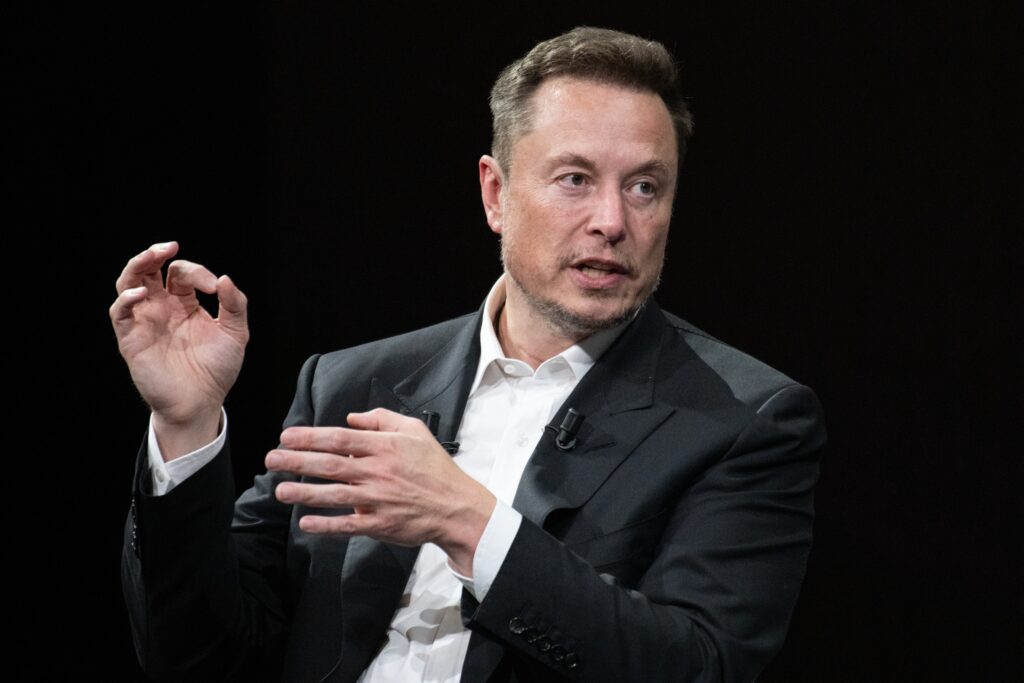A Changed Perspective on the UK
Elon Musk once expressed admiration for Britain. After a 2012 trip to London and Oxford, he tweeted, “I really like Britain!” However, by 2024, his tone had changed drastically. His recent posts on X (formerly Twitter) include statements like, “Civil war is inevitable” and “Britain is going full Stalin.” These remarks have stirred controversy, especially as Musk has openly clashed with Prime Minister Sir Keir Starmer and amplified right-leaning voices online. Reports also suggest he is considering donating to Reform UK, led by Nigel Farage.
Why has Musk’s relationship with Britain shifted, and what does he hope to achieve? While Musk declined interview requests, his activities on X offer clues.
A Libertarian and Anti-Woke Worldview
Musk’s posts often mix ambiguity with hyperbole. For instance, when he asked, “Is this Britain or the Soviet Union?” he likely didn’t mean Britain is literally a Communist state—but also, he kind of did. His engagement on X has increasingly highlighted libertarian and “anti-woke” ideas, opposing progressives and centrists.
This shift became apparent during riots in Southport after the tragic killing of three girls at a dance class. Misinformation spread by far-right accounts, reinstated after Musk’s takeover, fueled unrest. Sir Keir Starmer criticized social media platforms for inciting violence. Musk responded with “Insane” and later shared—and deleted—a false claim that the government planned detainment camps for rioters.
On Joe Rogan’s podcast, Musk criticized Britain’s prison system, saying, “Make Orwell fiction again,” referring to dystopian fears. Free speech remains a recurring theme for Musk, though it’s not his only concern.
Why Musk Cares About Britain
Musk’s interest in Britain may reflect his evolving political views. Once a self-described centrist, he now rails against the “woke mind virus.” A significant turning point appears to be his child’s gender transition and subsequent estrangement, a topic he has publicly addressed.
Podcast host Winston Marshall speculates that Musk’s fixation on Britain stems from his respect for its foundational role in liberal democracy. Musk’s concerns about censorship in Britain may align with his broader disdain for perceived limits on free speech. For instance, he criticized jail sentences for posts related to Southport’s riots, calling out what he sees as overreach.
Critics argue Musk’s commitment to free speech is selective. While he champions it in the West, he avoids criticizing China, where Tesla has significant business interests. Musk’s concerns may also be financial. Britain’s Online Safety Act allows regulators to impose massive fines on social media platforms hosting illegal content. Could Musk’s criticism of Britain stem from fears that the Act might impact X’s revenue—or even lead to the site being blocked in the UK?
Exporting American Values Globally
Defenders of the Act argue it targets illegal content, not free speech. Others, like Reform UK’s Gawain Towler, see it as part of a broader culture of censorship. Musk’s actions suggest he perceives a larger battle over free expression.
Musk has used his wealth to influence global discourse, promoting American ideals of free speech and capitalism. Whether driven by financial, ideological, or personal motivations, one thing is clear—Musk’s engagement with Britain is far from over.


